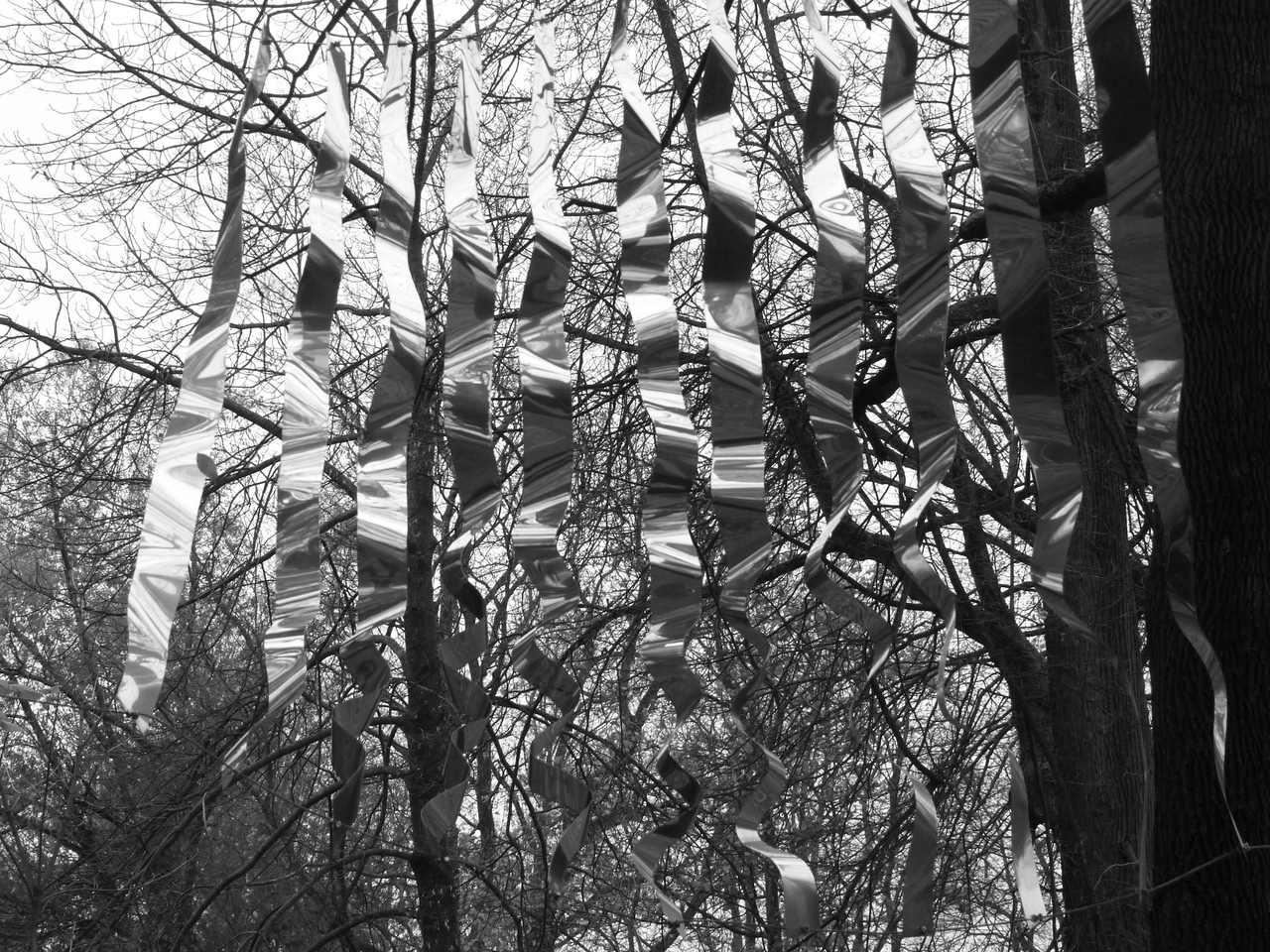
Concerned with the nature of the medium and the borders between fact and fiction, reflexivity was a ubiquitous feature of modernist and postmodernist literature and film. While in the wake of the post-postmodern “return to the real” cultural criticism has little time for discussions of reflexivity, it remains a key topic in narratology, as does fictionality. The latter is commonly defined opposition to the real and the factual, but remains conditioned by historical, cultural, discursive, and medium-related factors. Reflexivity blurs the boundaries between fact and fiction, however, by giving fiction a factual edge or by questioning the limits of factuality in non-fictional discourses. Fictionality, factuality, and reflexivity thus constitute a complex triangle of concepts, yet they are rarely considered together. This volume fills this gap by exploring the intricacies of their interactions and interdependence in philosophy, literature, film, and digital media, providing insights into a broad range of their manifestations from the ancient times to today, from East Asia through Europe to the Americas.
- In collaboration with: Graham Priest and Richard Saint-Gelais
- Edited by: Erika Fülöp
Volume 75. In the series Narratologiahttps://doi.org/10.1515/9783110722031



